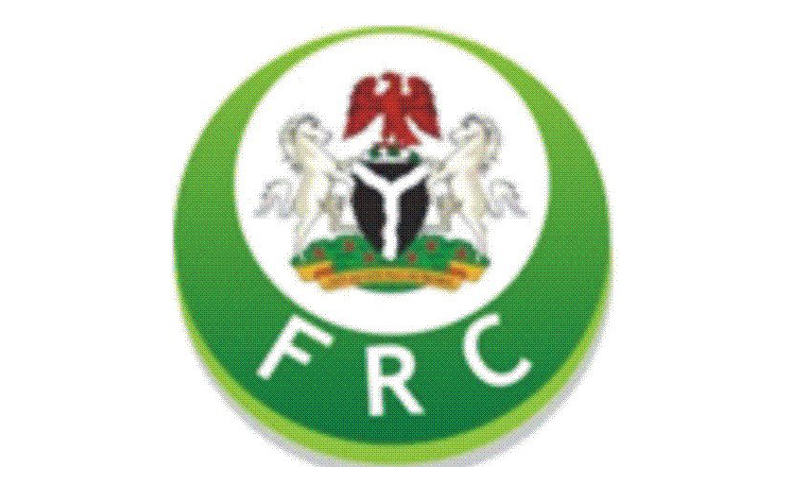The system of a country is regulated by bodies, which are mostly established and owned by the government. The financial report council of Nigeria (FRC) is one of those bodies and maintains standards regarding finance and accounting reporting. This article discusses the FRC extensively.

Overview of the financial reporting council of Nigeria
The financial reporting council of Nigeria is owned by the federal government and regulated by the federal ministry of industry, trade, and investment. Their main purpose is to maintain the standard employed by all public entities in Nigeria as regards the development and publishing of financial reports. In simpler terms, FRC creates the template for creating financial statements for all public entities in the country.
What are the objectives of the financial reporting council of Nigeria?
According to the official release as defined in the FRC Act, their main objectives are to:
- Protect investors and other stakeholder’s interest
- Give guidance on issues relating to financial reporting and corporate governance to professional, institutional, and regulatory bodies in Nigeria
- Ensure good corporate governance practices in the public and private sectors of the Nigerian economy
- Harmonise activities of relevant professional and regulatory bodies as relating to corporate governance and financial reporting.
- Ensure accuracy and reliability of financial reports and corporate disclosures, pursuant to the various laws and regulations currently in existence in Nigeria
- Promote the highest standards among auditors and other professionals engaged in the financial reporting process.
- Enhance the credibility of financial reporting; and
- Improve the quality of accountancy and audit services, actuarial, valuation, and corporate governance standards.
What are the operating arms of the financial reporting council of Nigeria?
The Financial reporting council of Nigeria has the following arms:
- The Directorate of Accounting Standards – Private Sector
- Directorate of Accounting Standards – Public Sector
- A Directorate of Auditing Practice Standards
- Directorate of Actuarial Standards
- The Directorate of Valuation Standards
- Directorate of Inspection and Monitoring
- Directorate of Corporate Governance
What are the benefits of having the financial reporting council of Nigeria?
Some benefits the financial reporting council of Nigeria gives, are:
- They enable the financial reporting integrity and corporate governance of entities
- FRC allows shareholders and the public to accurately and confidently access management performance. This in turn influences their behavior and decisions.
- The high-quality financial reporting standards created by FRC, contribute to the country’s national public finance. This is done by improving the assessment and collection of taxes on corporate profits.
What are the sections under the financial reporting council of Nigeria?
The financial reporting council of Nigeria comprises four major sections. They are:
- Directorates:
The directorates are in charge of the general accounting regulation of different sectors in the country. We can further break it down into the directorates of:
- Accounting public sector
- Actuarial standards
- Accounting standards private sector
- Auditing practices standards
- Corporate governance
- Valuation standards
- Inspection and monitoring
- Corporate governance:
Corporate governance simply maintains and updates the Nigerian code of corporate governance. This code acts as a guidance and template for reporting compliance. They updated the most recent code in 2018 (NCCG 2018).
- IFRS:
this stands for the international financial reporting standards in Nigeria. Just like the name implies, this section regulates and ensures adherence to the international financial reporting standards. They keep tabs with update from the international body, end adopts these changes to be used by entities in Nigeria.
- SAS:
what the Statement of Account Standard does is clear enough from their name. They maintain and update the standard to be followed, as regarding the statement of account, and also ensure the compliance of entities in the country.
How do I register with the financial reporting council of Nigeria?
To register with the financial reporting council of Nigeria, simply visit their official website at https://www.financialreportingcouncil.gov.ng and follow the process below
- Click on the registration tab
- Select the registration guideline and read through to know what you need and every other thing you should know before proceeding.
- Scrolling back to the registration tab, select where your company falls in; individual professional, for nonprofit, or company/ enterprise. Fill the registration form and click submit.
You can also make payment on the website by simply clicking the payment tab under registration, or renew your subscription by using the subscription/ renewal tab. If interested, you can also apply for the IFRS Academy through the FRC official website too.
Conclusion
FRC is the body that upholds accounting and reporting standards. They regulate all public entities are responsible for sanctioning those who do not comply. All public entities of the country must be registered with the financial reporting council of Nigeria.
